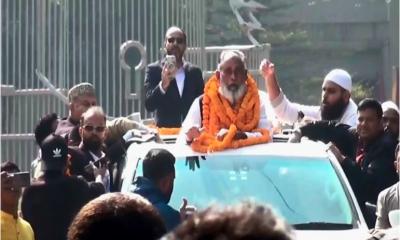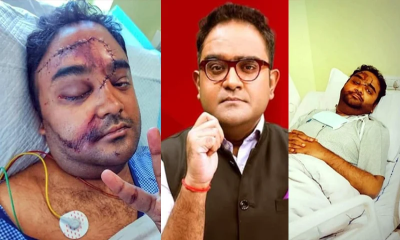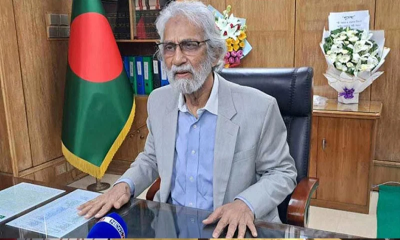Mali`s ruling junta on Thursday appointed a new prime minister from the ranks of the military generals, a day after firing his predecessor for criticizing the military regime.
The move effectively consolidates all power in the African country in the hands of military generals. Mali has been ruled by military leaders since the junta seized power in 2020 and staged another coup the following year.
Choguel Maïga, who was a civilian and who criticized the junta for postponing the presidential election scheduled for 2024, was removed on Wednesday, a move announced in a presidential decree issued by Gen. Assimi Goita, Mali’s leader, and read on state television channel ORTM.
Goita on Thursday appointed Gen. Abdoulaye Maïga as prime minister, according to an announcement on ORTM by Alfouseyni Diawara, secretary general of the Malian presidency. The two Maïgas are not related.
Abdoulaye Maïga’s appointment effectively means that all three branches of the government — the Malian presidency, the National Transitional Council, which is the transition’s legislative body, and the post of prime minister — are now in the hands of military officers.
Maïga, 43, previously served as minister of territorial administration, government spokesman and deputy prime minister.
“The choice of the new prime minister shows that the military is tightening its grip on power. General Maïga is especially seen close to transition President Goita, who wanted someone loyal as the country is preparing for possible elections next year,” said Ulf Laessing, head of Sahel program at Konrad Adenauer foundation in Mali.
“Chogoul provoked his sacking as he wants to present himself as possible elections candidate," Laessing added.
Maïga was not among the five officers behind the 2020 coup but quickly became part of the group running the country.
He is known for virulent rhetoric against France and MINUSMA, the former U.N. mission in Mali. During the U.N. General Assembly in September, he slammed Algerian diplomats for asserting that Malian civilians had been killed by the Malian army near the border between the two countries.
Since coming to power in Mali, the military junta has severely restricted freedom of expression, arresting more than a dozen politicians and opinion leaders for criticizing the military regime.


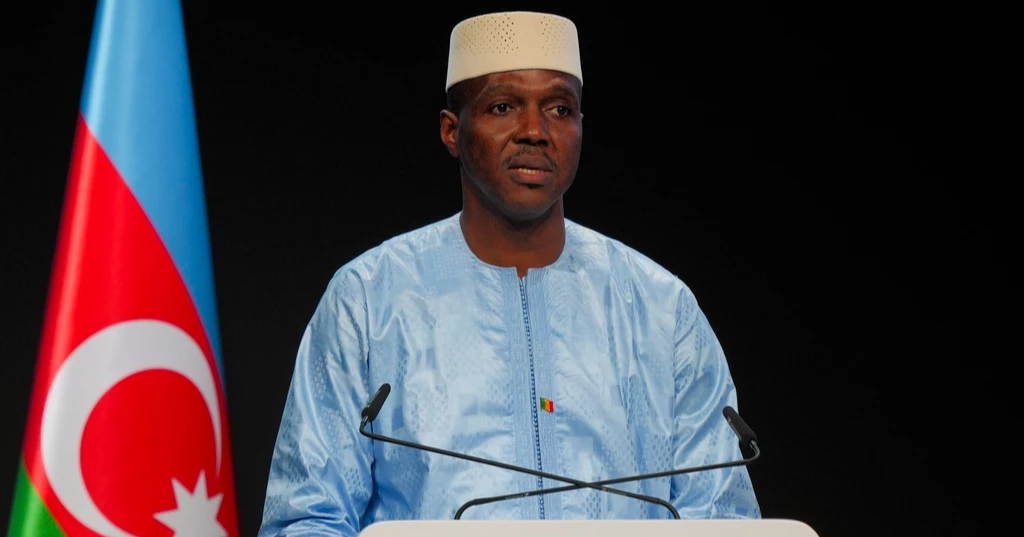

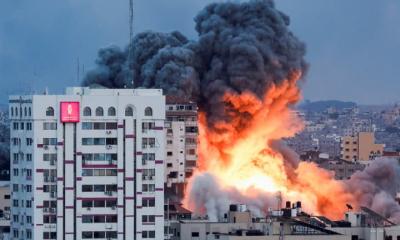

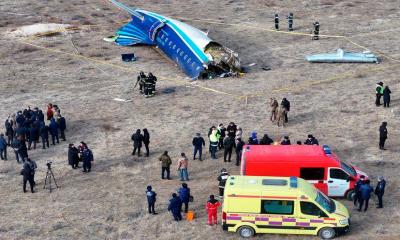
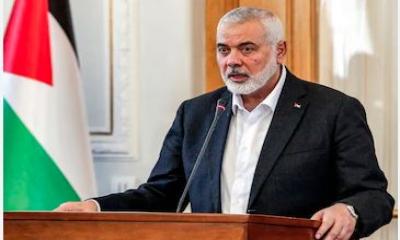
-20241223065754.jpg)
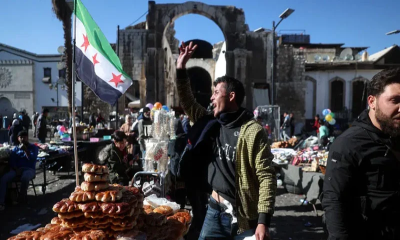

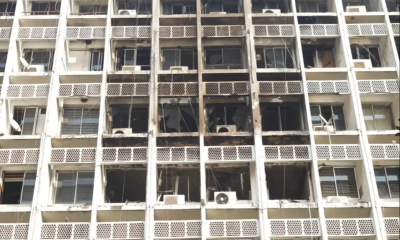
-20241226113340.jpg)
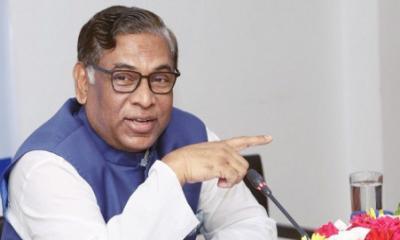

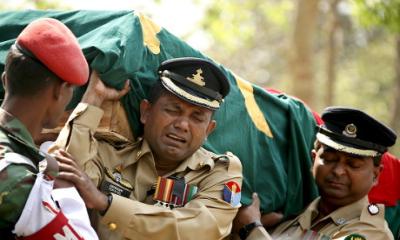
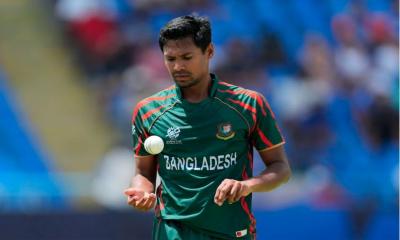
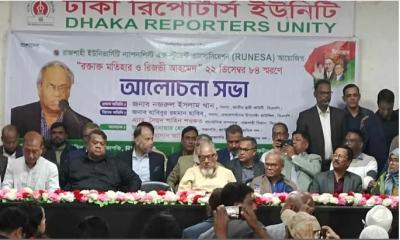
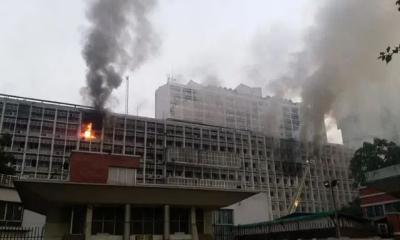

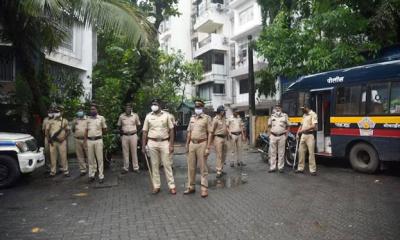
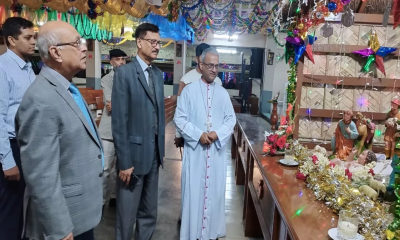

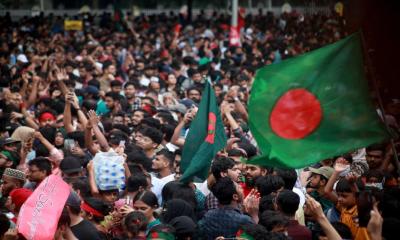
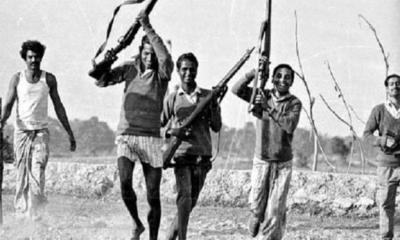
-20241223064225.jpeg)
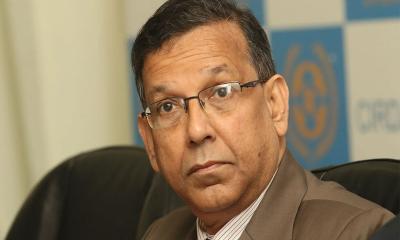
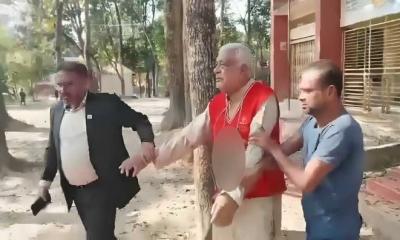
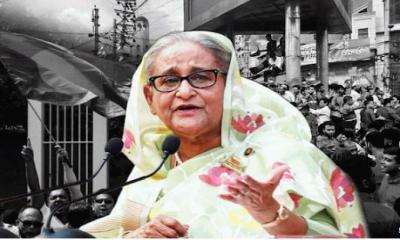
-20241224073438.jpg)
